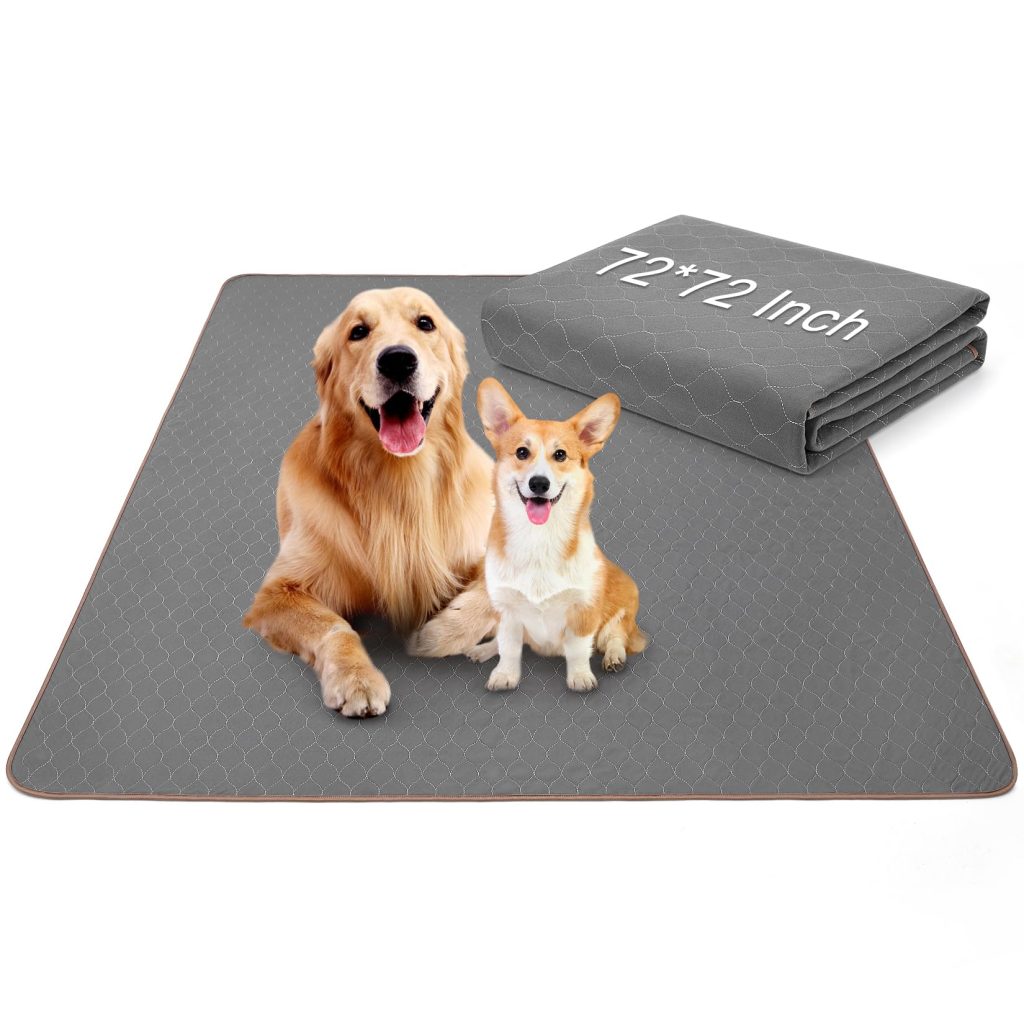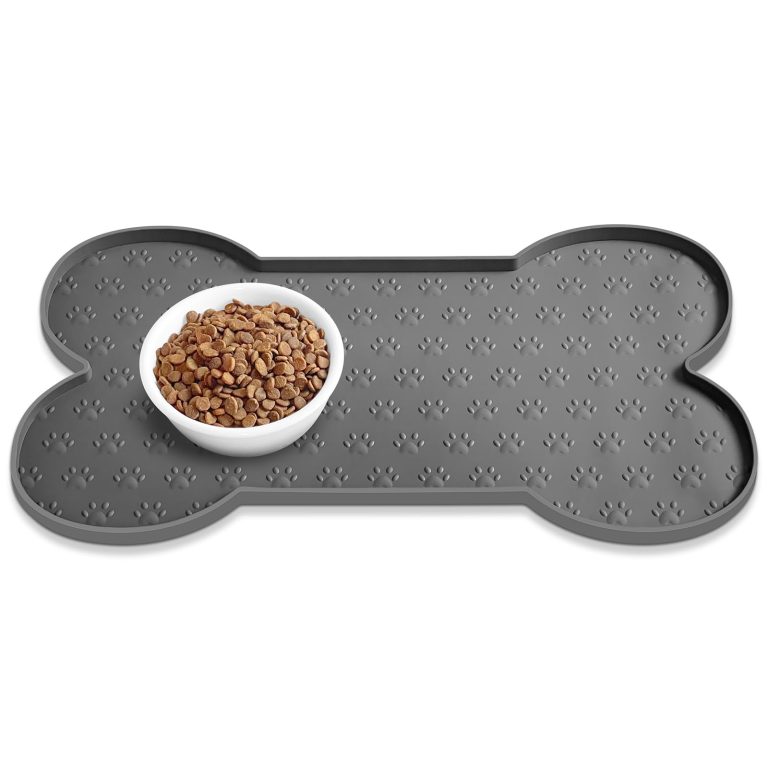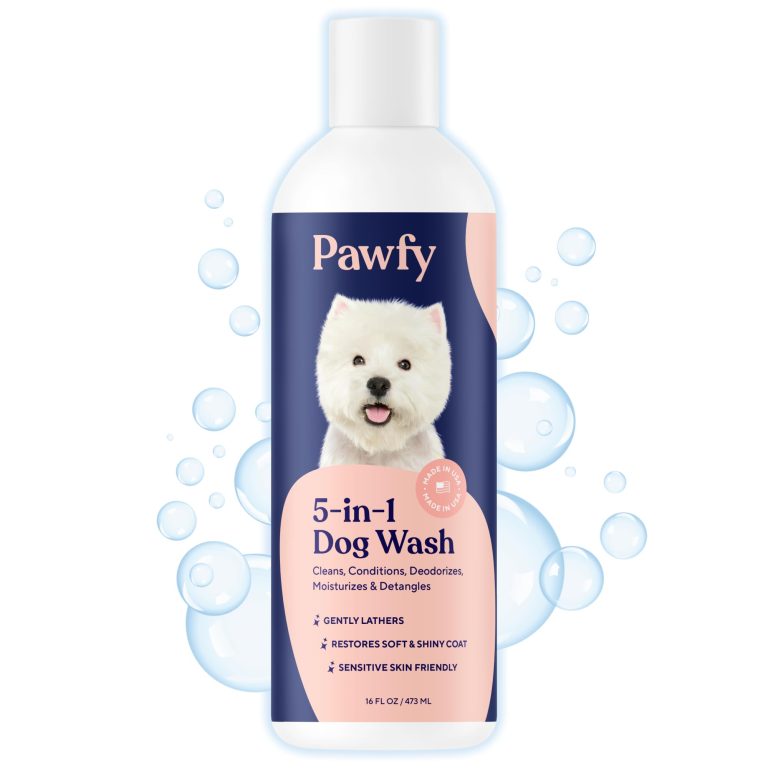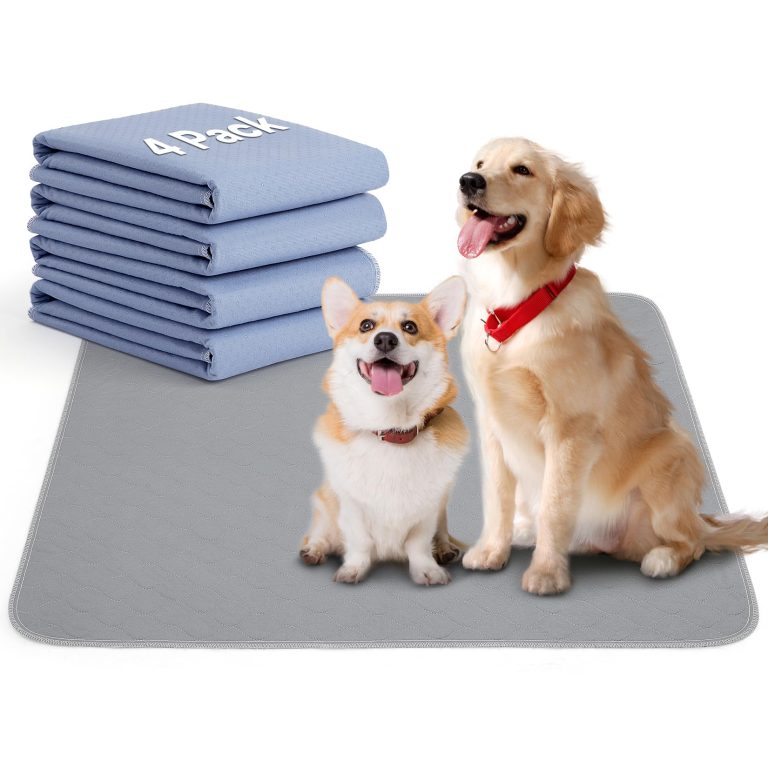The Link Between Diet and Lifespan in Dogs

Diet plays a important role in the overall health and lifespan of our beloved canine companions. Just like humans, dogs require a balanced and nutritious diet to thrive. Providing the right combination of essential nutrients ensures their bodies can function optimally, supporting their growth, wellness, and longevity.
The Importance of a Balanced Diet
A balanced diet is one that provides dogs with all the necessary nutrients in the right proportions. These essential nutrients include proteins, carbohydrates, fats, vitamins, minerals, and water. Each nutrient serves a specific purpose in the body, contributing to various bodily functions.
Proteins are the building blocks of tissues and play a vital role in muscle development and repair. High-quality animal-based proteins are ideal for dogs as they contain all the essential amino acids necessary for their wellbeing.
Carbohydrates serve as an energy source for dogs. While they are not essential, they provide readily available energy for daily activities. Opt for complex carbohydrates, such as whole grains and legumes, to ensure a slow and steady release of energy.
Fats are important for maintaining healthy skin and coat, as well as providing a concentrated source of energy. Including omega-3 and omega-6 fatty acids in a dog’s diet promotes joint health, brain development, and boosts the immune system.
Vitamins and minerals are essential for supporting various bodily functions, such as bone strength, immune system function, and overall vitality.
Lastly, water is vital for all living beings. Dogs need access to fresh water at all times to stay hydrated and aid in digestion.
Dietary Needs for Different Life Stages
A dog’s nutritional needs vary depending on its life stage. Puppies require more nutrients for growth and development, while adult dogs need a maintenance diet to support their daily activities. Senior dogs have unique dietary needs, including lower calorie content and joint support.
During the puppy stage, it’s important to choose a diet specially formulated for puppies to ensure they receive adequate nutrients for their rapid growth. Look for puppy food that contains higher protein levels and essential vitamins and minerals.
Adult dogs can thrive on a balanced diet that meets their activity level and overall health. Active dogs or working breeds may benefit from diets that have slightly higher protein and fat content to support their energy needs. Less active dogs or those prone to weight gain may require a diet with lower calorie content.
Just like humans, senior dogs can experience age-related issues, such as arthritis and reduced metabolism. Diets designed for senior dogs often include joint support supplements, reduced calorie content, and antioxidants to support their aging immune system.
Dietary Needs for Different Breeds
Beyond life stages, different dog breeds may have specific dietary needs. Some breeds are prone to certain health conditions that can be managed or prevented with the right diet.
Large breed puppies, such as Great Danes and Labrador Retrievers, require special attention to their calcium and phosphorus intake. This helps ensure proper bone development without the risk of skeletal abnormalities.
Small breed dogs have higher metabolic rates, meaning they burn calories more quickly. They may need a diet with higher energy content to meet their nutritional needs.
Breeds prone to certain health conditions, such as Dalmatians with urinary stones or Bulldogs with sensitive digestion, may benefit from specialized diets tailored to their specific needs. These diets often help manage or prevent these conditions through controlled nutrient levels.
Homemade Diet Options
While commercial dog food offers convenience and is formulated to meet all essential nutrient requirements, some dog owners prefer to prepare homemade meals for their pets. It is important to note that homemade diets require careful planning and attention to ensure all necessary nutrients are included.
If you choose to prepare homemade meals for your dog, consulting with a veterinary nutritionist is highly recommended. They can guide you in creating a balanced and complete diet that meets your dog’s specific needs.
When preparing homemade diets, it is important to include high-quality animal-based proteins, a variety of vegetables, whole grains, and healthy fats. The diet should also be supplemented with appropriate amounts of vitamins and minerals to ensure all nutritional requirements are met.
By understanding the link between diet and lifespan in dogs, we can make informed choices for their nutrition. Ensuring a balanced diet that meets their specific life stage and breed requirements promotes their overall health, supports growth and development, and may help extend their lifespan. Whether choosing commercial dog food or preparing homemade meals, providing proper nutrition is one of the most significant ways we can take care of our furry friends.







